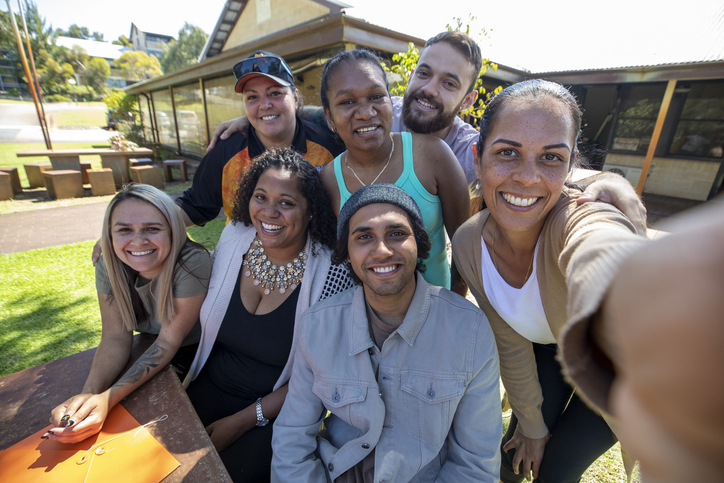Local solutions, big impact: Inside SV’s Circular Economy community webinar series

Sustainability Victoria’s Circular Economy webinar series is helping communities across the state take the lead in building a more circular, low-waste future – on their own terms.
Over 400 Victorians from local government, community groups, social enterprises, and not-for-profits participated in a series of SV-hosted webinars designed to make circular economy action more accessible and achievable at the community level.
The series is one way SV is making it easy to take part in Victoria’s transition to a circular economy – by partnering with changemakers and supporting action from the ground up.
Supporting communities to do it their way
The webinars equipped participants with real-world examples, practical tools, and lessons learned from community-led initiatives across Victoria.
‘Circular economy projects are creating value in materials and in people in our community,’ said Luke Wilkinson, Manager of Regional Engagement at Sustainability Victoria.
From repair cafes and composting networks to native seed banks and local manufacturing, the sessions showcased how regional and urban communities alike are rethinking how they use resources – and making a measurable impact in the process.
A ground-up approach to circularity
The webinars were structured around three key principles of the circular economy: circulating materials at their highest value, eliminating waste and pollution, and regenerating natural systems. Presentations featured 15 organisations spanning local councils, social enterprises, and grassroots groups already delivering circular outcomes.
The webinars featured practical examples of how circular principles are being applied at the community level. Albury Wodonga Regional FoodShare shared how it rescues more than 700,000 kilograms of surplus food each year, transforming soft drinks, jam scraps, and even discarded pallets into useful community resources.
Assembled Threads, a social enterprise based in Melbourne, demonstrated a model that combines circular manufacturing with social outcomes – producing hi-vis vests and upcycled mesh bags from construction waste while providing employment pathways for refugees.
In a session focused on eliminating waste and pollution, the Wyndham Park Community Centre outlined how its Tool Library and Community Shed reduce waste by enabling community members to borrow and repair tools and equipment, preventing unnecessary disposal and encouraging resource sharing.
These projects demonstrate that local leadership is critical to creating sustainable economies that are resilient, inclusive, and tailored to community needs.
‘There’s an interest from Sustainability Victoria around community circular economy initiatives because of the potential and the delivery of benefits to community – more than just environmental outcomes,’ said Wilkinson.
Building momentum across Victoria
With a 65% attendance rate and strong feedback from participants, the Circular Economy webinar series has contributed to a growing network of local changemakers equipped to lead the transition in their own communities.
One participant explained, ‘Great seeing the emphasis on slowly building an initiative and the focus being on creating community connections… I’m looking to start a Library of Things, and this was really helpful to show how getting that message and vision right at the start is crucial.’
SV’s role as a transition broker continues to evolve — connecting ideas, enabling action, and helping regional and urban communities design their own sustainable future.
